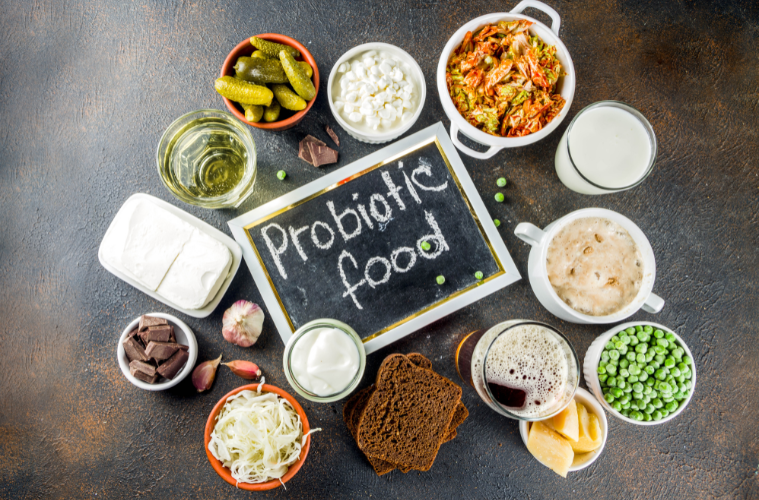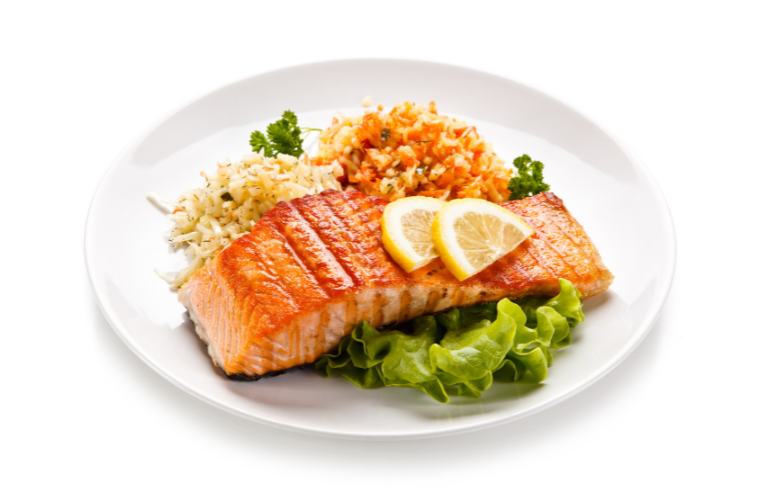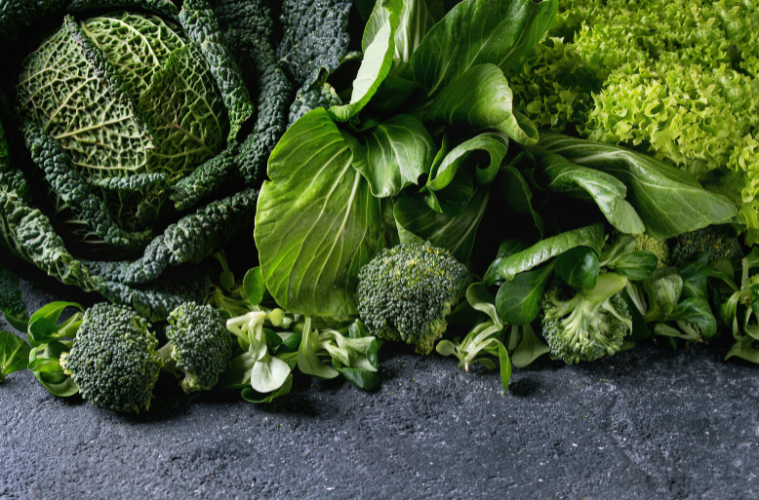
In today’s fast-paced world, maintaining a healthy mindset is just as important as physical wellness. While self-care routines and mindfulness practices are widely encouraged, many people underestimate the significant impact their diet has on their emotional state.
Science has long shown the connection between nutrition and mental health. Certain foods can influence brain chemistry, reduce inflammation, and even help regulate mood-related hormones like serotonin and dopamine. Below are five mood-boosting foods that may surprise you, but deserve a spot on your plate.
1. Dark Chocolate

Dark chocolate (ideally 70% cocoa or higher) isn’t just a treat—it’s a natural brain stimulant. It contains flavonoids, caffeine, and theobromine, which together support better focus, improve blood flow to the brain, and encourage the release of endorphins.
More importantly, dark chocolate has been shown to elevate serotonin levels, one of the key neurotransmitters that support emotional balance. A small daily dose may offer both emotional and cognitive benefits.
2. Fermented Foods

Fermented foods like yogurt, kimchi, kefir, and sauerkraut are packed with probiotics, which feed the beneficial bacteria in your gut. Why does that matter for mood? Because the gut and brain are closely connected through the gut-brain axis, and around 90% of your body’s serotonin is produced in your gut.
Maintaining a healthy gut microbiome through fermented foods can enhance neurotransmitter function and support better emotional regulation.
3. Fatty Fish

Salmon, mackerel, and sardines are excellent sources of omega-3 fatty acids, which are essential for optimal brain function. Numerous studies link omega-3 intake with lower levels of depression and anxiety, especially in individuals with low baseline levels.
Omega-3s support healthy brain cell membranes, reduce neuroinflammation, and assist in the transmission of neurotransmitters—all critical components of emotional health.
4. Bananas

Often overlooked, bananas are a nutrient-dense fruit that supports mental wellness in several ways. They contain vitamin B6, which helps your body produce dopamine and serotonin. They’re also rich in natural sugars and fibre, which help maintain stable blood sugar levels and, in turn, more balanced energy and mood.
Bananas also offer a small dose of tryptophan, an amino acid involved in the production of serotonin.
5. Leafy Greens

Spinach, kale, and other dark leafy greens are high in folate, a B vitamin crucial for brain development and emotional regulation. Low folate levels have been associated with an increased risk of mood disorders, including depression.
Incorporating leafy greens into your diet supports detoxification, balances your nervous system, and helps stabilise mood through improved brain function and reduced inflammation.
Final Thoughts
Mental health isn’t just about what you do—it’s also about what you eat. While therapy, movement, and sleep are essential, your brain still runs on fuel, and the quality of that fuel matters more than most people realise.
Adding these mood-supporting foods into your routine doesn’t require a complete lifestyle overhaul. Just small, intentional changes. A handful of leafy greens in your smoothie. Swapping a sugary dessert for dark chocolate. Picking up salmon instead of fried takeout once a week. They’re simple shifts with powerful effects.
Food won’t fix everything. But it can be a silent supporter—working in the background to help you feel a little more balanced, a little more focused, and a lot more resilient.


